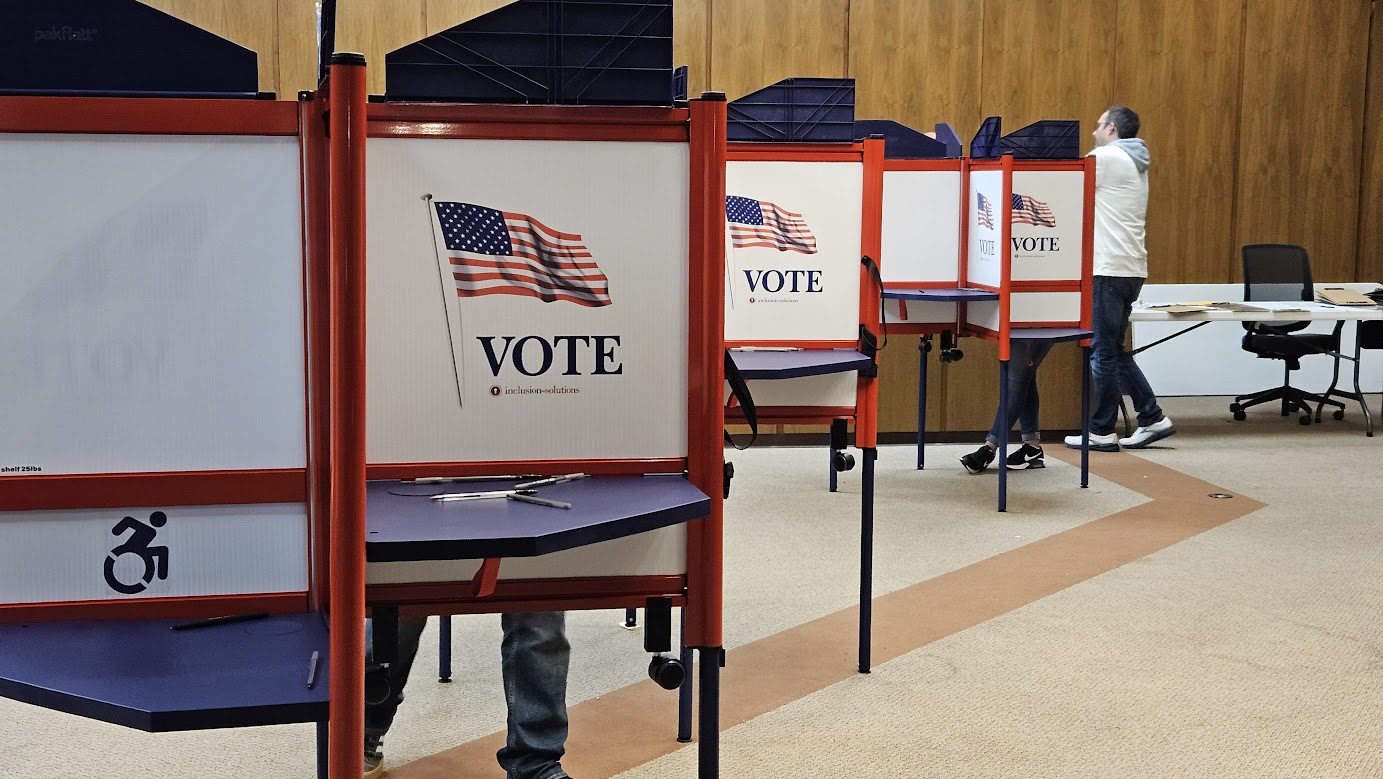Home » Battleground Wisconsin » Madison investigation found clerk broke city policies, but not the law in missing 193 absentee ballots

The former Madison clerk failed to perform her work duties when local officials missed 193 absentee ballots from the November election and her office didn’t report the issue to the state until after the official count was complete, according to a city investigation. Still, the report also concluded former Clerk Maribeth Witzel-Behl didn’t violate any laws as she mishandled the situation. The city’...